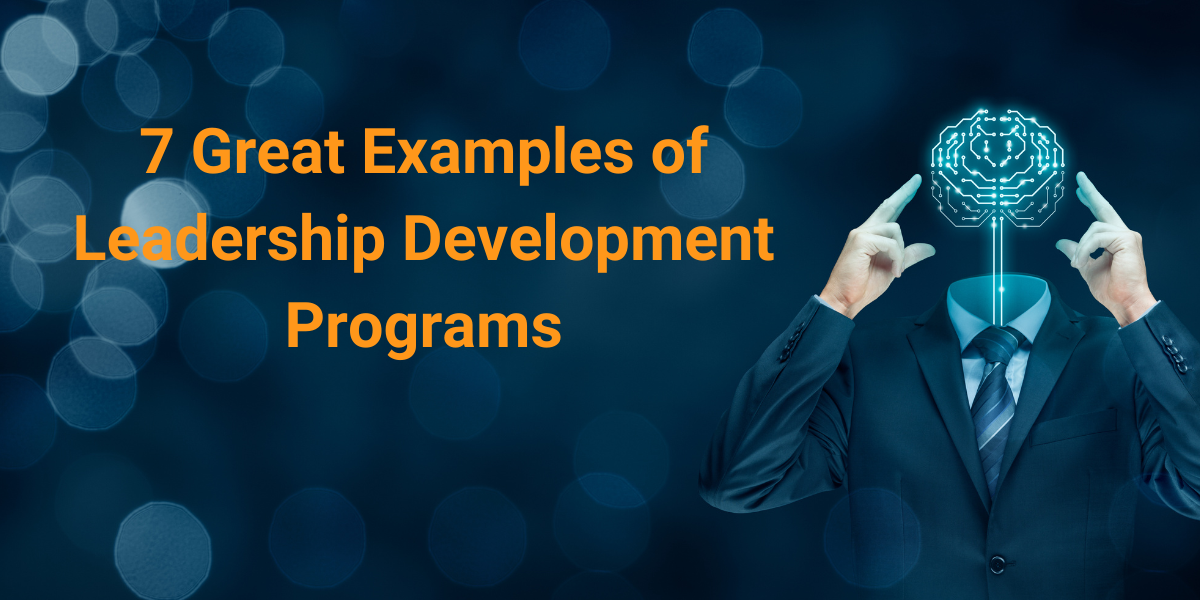Table of Contents
What is Artificial Intelligence?
Artificial Intelligence refers to the simulation of human intelligence processes by machines, particularly computer systems. These processes include learning (acquiring data and rules for decision-making), reasoning (using rules to reach conclusions), problem-solving, perception (interpreting sensory inputs), and language understanding.
AI can be classified into two broad categories:
- Narrow AI (Weak AI): Designed to perform a specific task, such as voice recognition or recommendation engines.
- General AI (Strong AI): Refers to systems that possess the ability to perform any cognitive function that a human can do. However, general AI is still largely theoretical and not yet realized.
For businesses, the most relevant form is Narrow AI, which is already being applied to solve real-world problems in many industries.
How AI is Revolutionizing Business Operations
1. Automation and Efficiency
One of the most significant benefits of https://relic-business.com/ is automation. AI can automate repetitive and time-consuming tasks, allowing employees to focus on more strategic and creative work. Automation through AI can be seen in various areas such as:
- Customer service: AI-powered chatbots and virtual assistants provide immediate responses to customer inquiries, 24/7, reducing the need for human agents.
- Data entry and analysis: AI systems can automate data entry and analyze vast amounts of data in real-time, eliminating manual processes and reducing human error.
- Supply chain and inventory management: AI-driven systems can forecast demand, optimize inventory levels, and automate replenishment processes, helping businesses maintain efficient supply chains.
By automating routine tasks, businesses can reduce costs, improve accuracy, and speed up processes, leading to greater efficiency.
2. Enhanced Customer Experience
AI helps businesses provide a more personalized and seamless customer experience. Through the analysis of customer data, AI can predict customer preferences, suggest tailored products or services, and offer real-time support. Some ways AI improves customer experience include:
- Recommendation engines: Many businesses, particularly in e-commerce and entertainment, use AI algorithms to recommend products or content based on user behavior. For example, Netflix recommends shows based on your viewing history, and Amazon suggests products you may like based on previous purchases.
- Personalized marketing: AI enables businesses to analyze customer data and segment audiences to send personalized emails, ads, and promotions. This targeted marketing results in higher conversion rates and increased customer loyalty.
- Chatbots and virtual assistants: AI-driven chatbots can resolve customer queries instantly, reducing wait times and providing users with instant support.
By improving customer interactions and delivering personalized experiences, AI helps businesses build stronger relationships with their clients and boost customer satisfaction.
3. Data-Driven Decision Making
Data is the lifeblood of modern businesses, but the sheer volume of data can be overwhelming. AI systems can analyze massive datasets in real-time to uncover patterns, trends, and insights that would be impossible for humans to detect on their own.
Some examples of AI-driven decision-making include:
- Predictive analytics: AI uses historical data to predict future trends, helping businesses make informed decisions in areas such as sales forecasting, demand planning, and inventory management.
- Business intelligence: AI can sift through complex business data to generate actionable insights, providing managers with the information they need to make better strategic decisions.
- Risk management: AI algorithms can assess risk factors by analyzing historical data and external factors, helping businesses anticipate potential challenges and mitigate risks before they occur.
With AI, businesses can make faster, more informed decisions, reducing uncertainty and improving operational efficiency.
4. Improved Marketing and Advertising
AI is reshaping the way businesses approach marketing. With the ability to analyze customer behavior, preferences, and engagement patterns, AI enables businesses to create highly targeted and effective marketing campaigns. AI’s role in marketing includes:
- Customer segmentation: AI can analyze customer data to group individuals into specific segments based on behaviors, preferences, and demographics. This allows businesses to create highly personalized marketing messages.
- Content creation: AI tools can generate content for websites, social media, and blogs based on specific topics or keywords. These tools are particularly useful for creating high-volume content quickly.
- Ad targeting: AI algorithms can determine the best time, platform, and audience to target ads, ensuring that businesses maximize their advertising budgets and reach the most relevant audience.
By using AI to streamline marketing efforts, businesses can achieve higher engagement rates, better ROI, and stronger customer loyalty.
5. Fraud Detection and Security
AI is increasingly being used to enhance cybersecurity and prevent fraudulent activities. By analyzing patterns in data, AI can detect suspicious behavior and potential threats before they escalate. Some key applications of AI in security include:
- Fraud detection: Financial institutions use AI to monitor transactions in real-time and identify fraudulent activities based on irregular patterns. For example, AI can detect unauthorized credit card transactions or identify anomalies in banking transactions.
- Network security: AI-powered systems can monitor and detect security breaches or unusual activity on networks. They can automatically respond to potential threats, reducing the risk of cyberattacks.
- Authentication and biometrics: AI is also being used for advanced authentication methods such as facial recognition and voice recognition, providing a more secure and efficient way to verify users.
AI’s ability to identify and respond to threats quickly helps businesses protect sensitive data, secure their networks, and prevent financial losses from fraud.
6. Human Resources and Talent Management
AI is transforming human resources (HR) by helping businesses attract, retain, and manage talent more effectively. Some AI applications in HR include:
- Recruitment: AI-powered systems can scan resumes, assess candidate qualifications, and match them with job openings based on specific criteria. This speeds up the hiring process and ensures that only the most qualified candidates are selected.
- Employee engagement: AI tools can analyze employee feedback, surveys, and behavior to measure engagement and identify potential issues that may impact retention.
- Performance management: AI can help track employee performance over time, providing valuable insights for promotions, raises, and training needs.
By leveraging AI in HR processes, businesses can improve talent acquisition, employee satisfaction, and overall organizational performance.
Challenges of Implementing AI in Business
While AI offers numerous benefits, there are challenges that businesses must consider when integrating AI into their operations:
- Data Privacy and Security: Collecting and processing large amounts of data raises concerns about privacy and security. Businesses must ensure they comply with data protection regulations, such as GDPR, and implement robust security measures.
- High Initial Investment: Implementing AI solutions can be costly, particularly for small and medium-sized businesses. Investing in AI technologies may require significant upfront capital for software, hardware, and training.
- Talent Shortage: AI requires specialized knowledge and expertise. Finding skilled AI professionals who can design, develop, and maintain AI systems can be a challenge for businesses.
- Ethical Considerations: AI systems must be designed to be ethical and fair. Businesses must ensure that AI algorithms do not introduce bias or unfair treatment in areas such as recruitment or lending.
How to Get Started with AI in Business
For businesses looking to leverage AI, here are some steps to consider:
- Identify Use Cases: Start by identifying areas in your business where AI can have the most significant impact. Whether it’s improving customer service, optimizing supply chains, or enhancing marketing efforts, focus on use cases that align with your goals.
- Start Small: Instead of implementing AI across all operations at once, start with small pilot projects. This allows you to test the technology, refine your processes, and measure the results.
- Invest in Training: AI adoption requires new skills. Invest in training your employees to work with AI tools and understand how to integrate them into daily operations.
- Partner with Experts: If your company lacks the internal expertise to develop AI systems, consider partnering with AI solution providers or hiring AI consultants to guide your implementation strategy.
Conclusion
AI has the potential to revolutionize every aspect of business, from enhancing operational efficiency to improving customer experiences and enabling data-driven decision-making. While there are challenges to overcome, businesses that strategically integrate AI into their operations will be better positioned for long-term growth and success. By embracing AI today, companies can stay ahead of the curve and drive innovation across industries.



